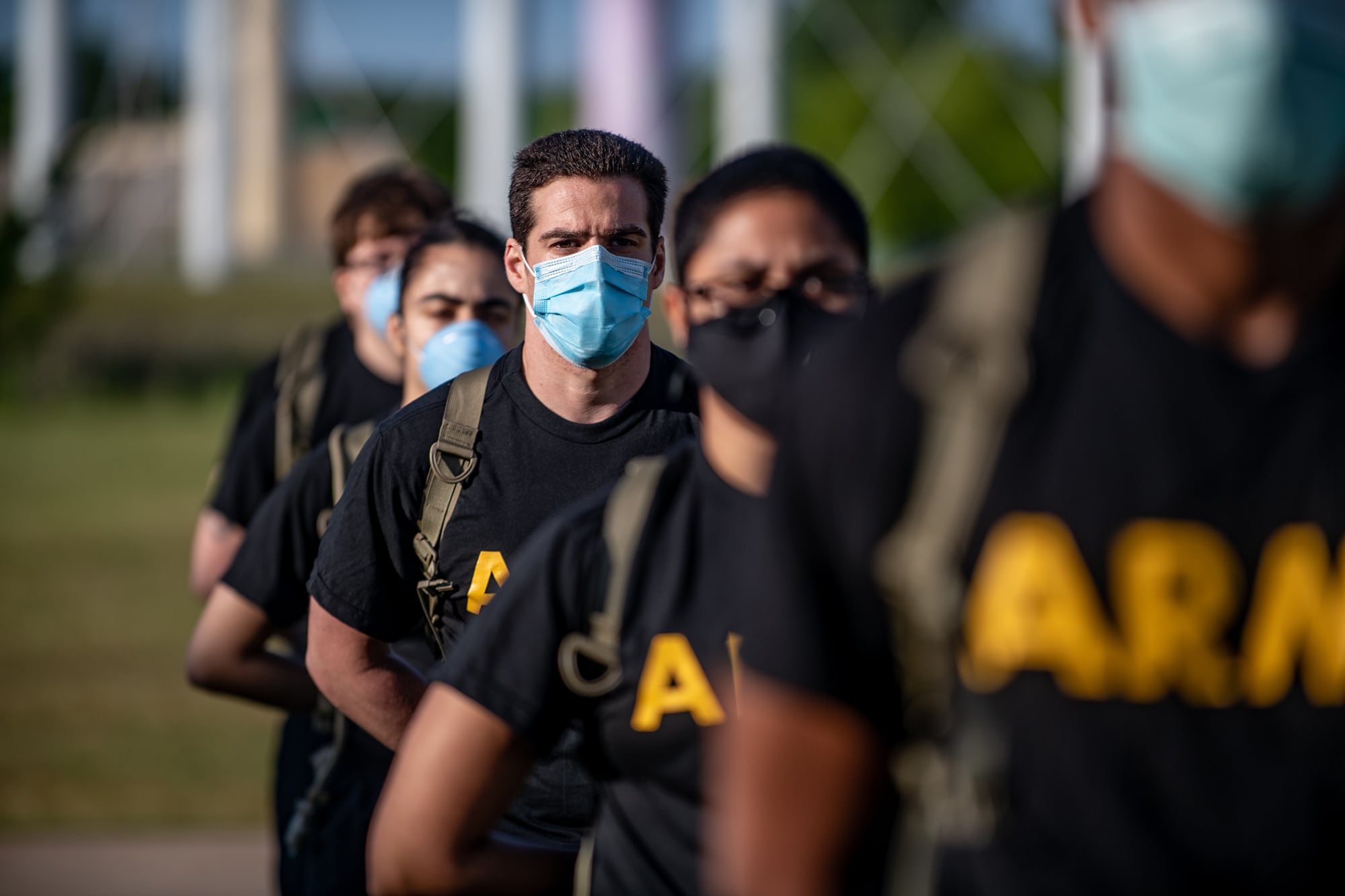The coronavirus pandemic is going to have a lasting effect on the military, not least of all because of how the virus and its fallout have effected manpower.
Though numbers have not been released, military leaders have speculated that because of the downturning economy and general uncertainty in the world, many troops who were otherwise planning to leave the military this year are going to re-up.
To that end, the services have offered opportunities for troops to extend their current contracts or put off their reenlistment decision deadlines.
At the same time, after three months on a stop-movement order amid the coronavirus pandemic, the military is starting to get going again, from permanent change-of-station moves to temporary duty travel to training exercises.
But for many troops working from home or otherwise in a holding pattern during while sheltering in place, that lost time could affect evaluation reports and future chances at promotion.
The Navy’s personnel chief has said the service plans to take quarantine periods into account when evaluating sailors for upcoming promotions.
RELATED

Have you heard anything from your leadership about making accommodations? Are you otherwise concerned about how the pandemic could negatively affect your career?
And how has this affected you? Were you planning to separate this year, and have you decide to extend or re-up? Has your leadership stressed the importance of staying in, as the flow of new recruits has come down? Or, were you planning to stay in, but have you decided to get out instead?
Please send your thoughts to Pentagon bureau chief Meghann Myers, mmyers@militarytimes.com. All names will be kept confidential.
Meghann Myers is the Pentagon bureau chief at Military Times. She covers operations, policy, personnel, leadership and other issues affecting service members.
